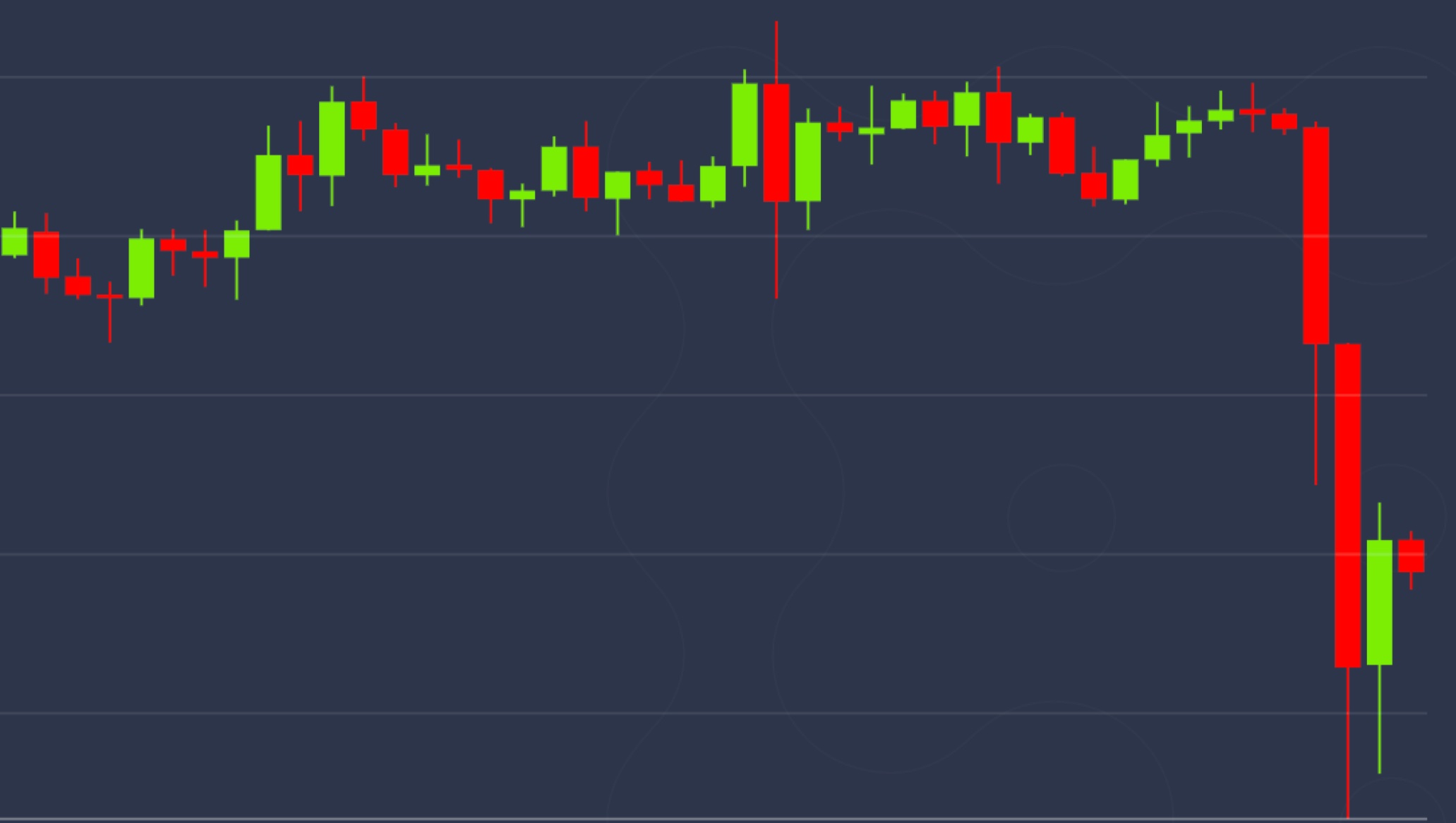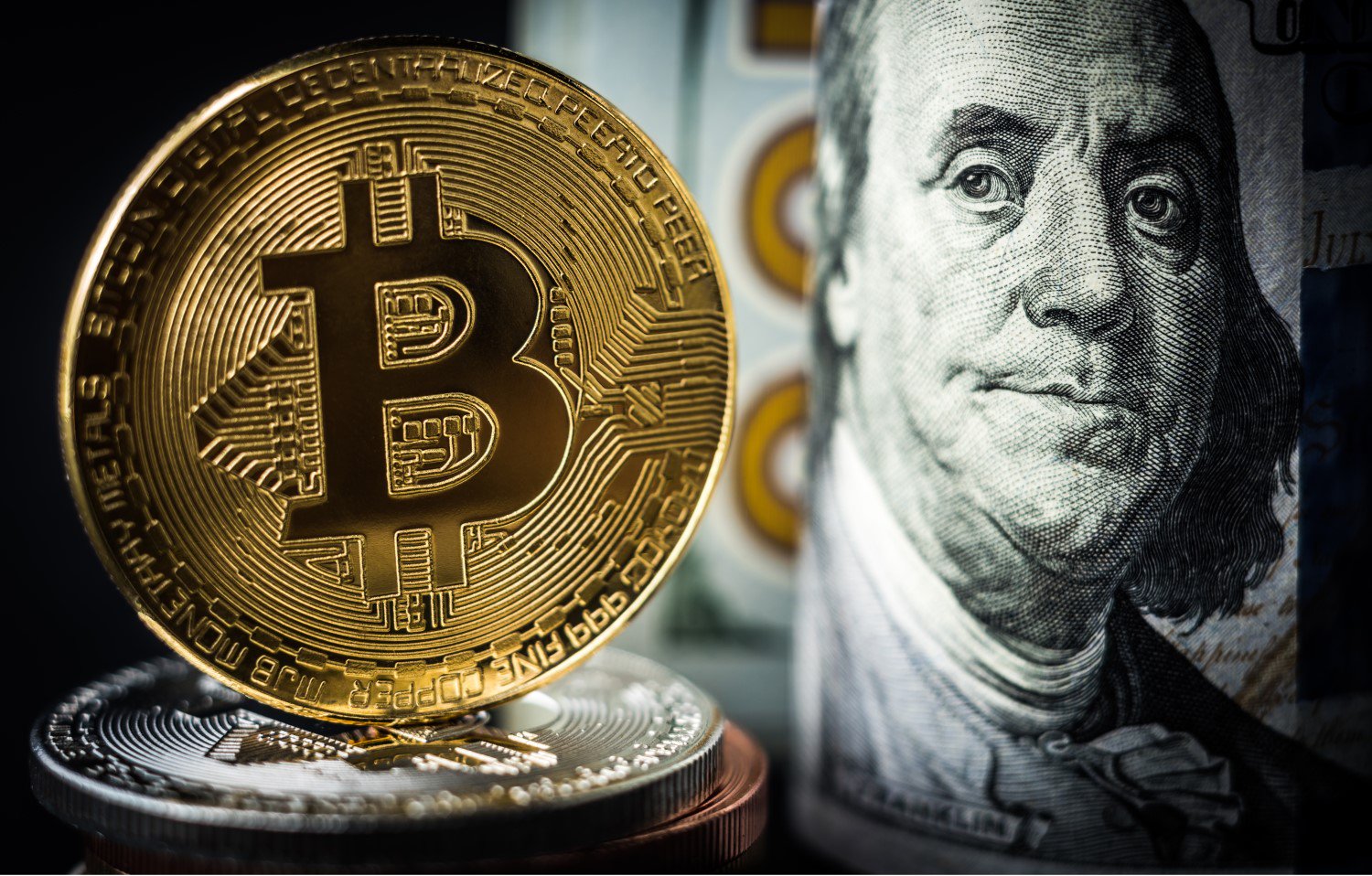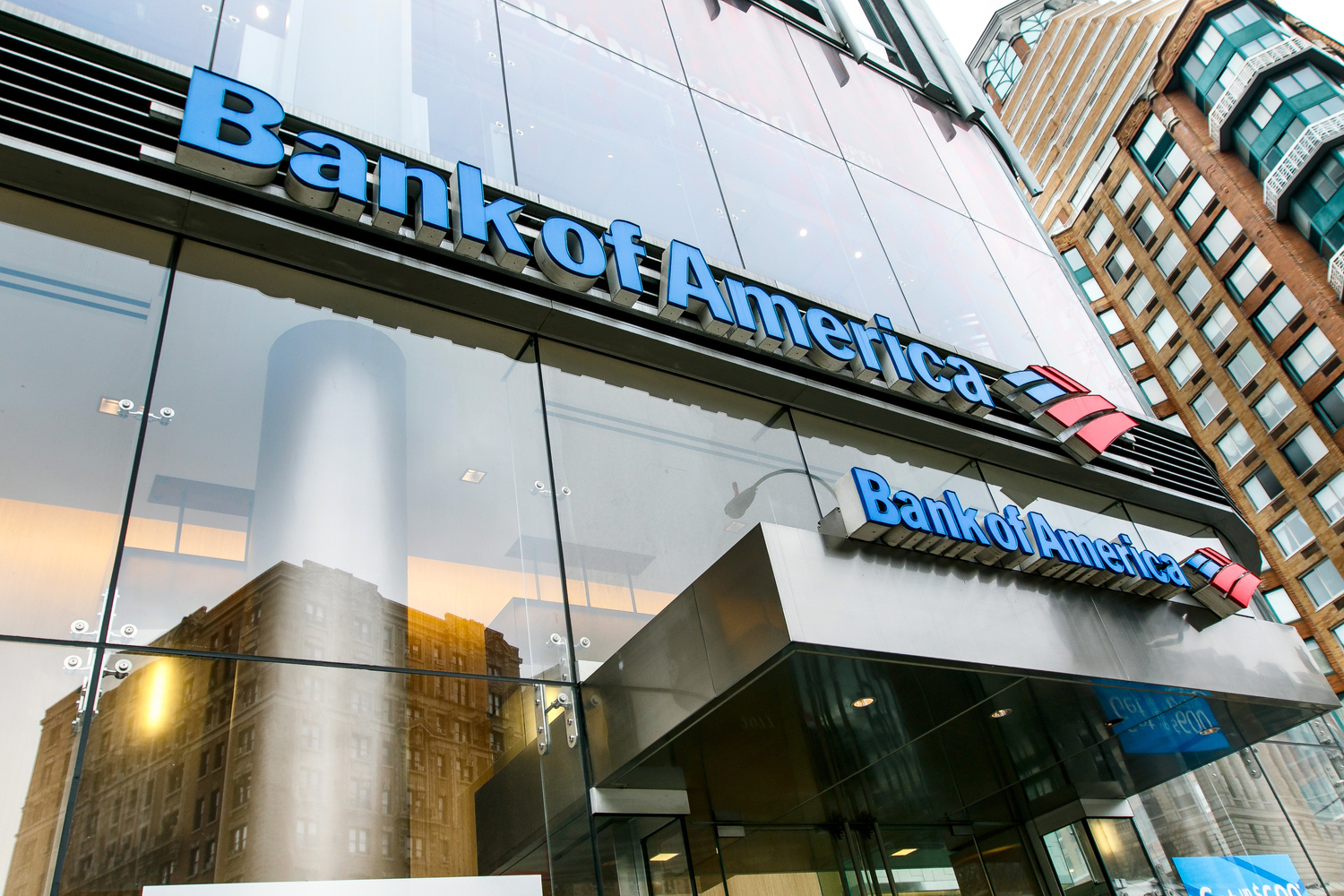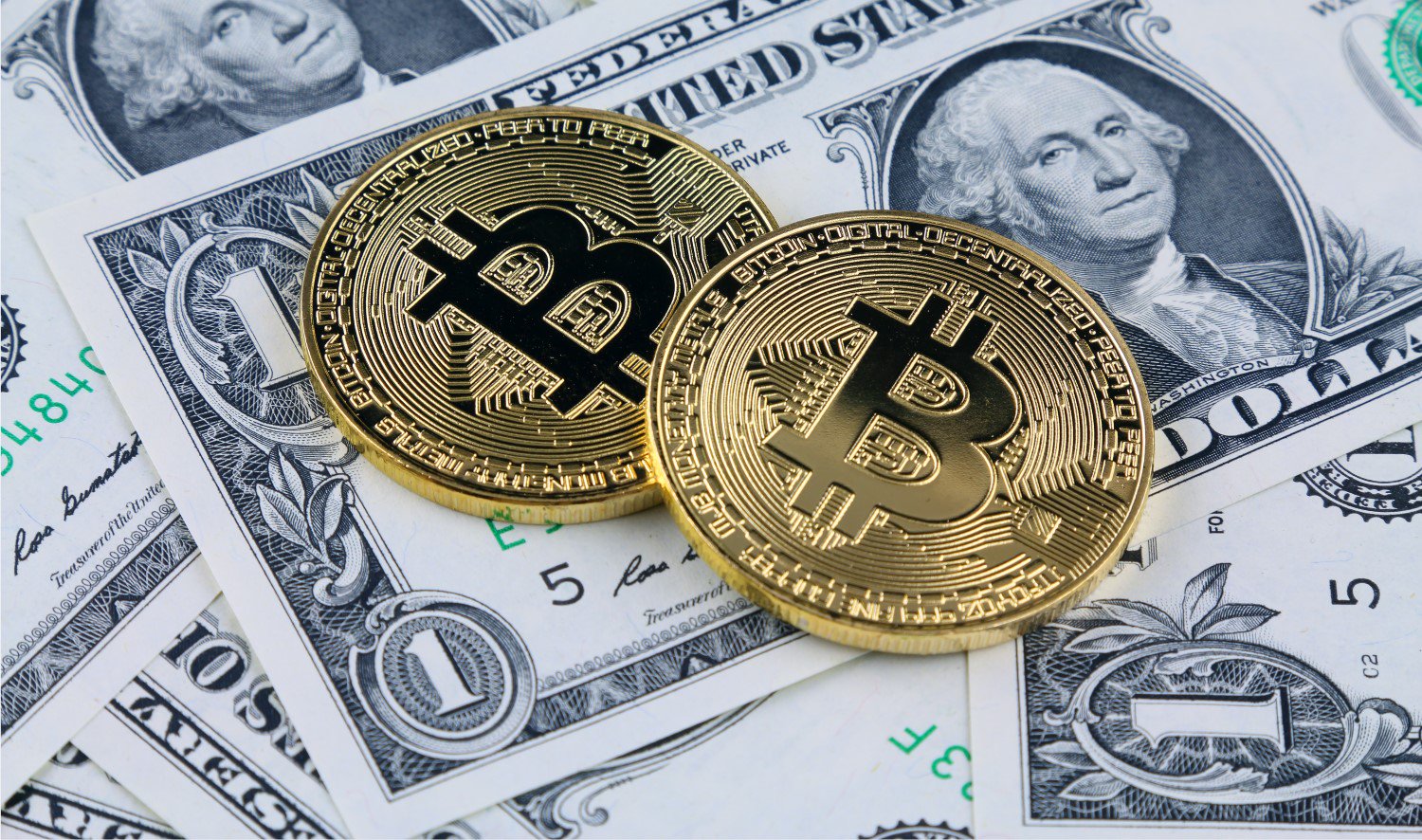The NFT Market Is Already Centralized

Will Gottsegen is CoinDesk’s media and culture reporter. He holds less than $500 in ETH, and less than $1000 in NFTs.
One of the problems non-fungible tokens (NFTs) purport to solve is the idea of “platform risk.” Buy an in-game add-on for a video game and your purchase really exists only on the publisher’s platform; files are hosted on company servers until the game is retired, at which point everything vanishes into the ether.
By contrast, NFTs interact directly with a blockchain, which means each computer in the network retains a complete record of what’s actually going on with the files. If one front-end interface crumbles, the thinking goes, another can step in, because no one company is responsible for storing the data.
This article is excerpted from The Node, CoinDesk’s daily roundup of the most pivotal stories in blockchain and crypto news. You can subscribe to get the full newsletter here.
But there’s a difference between how decentralized systems are supposed to work and how they are working in practice. In fact, the market is already highly centralized. Take NFTs on the Ethereum network.
Foundation, KnownOrigin, Nifty Gateway, Rarible, SuperRare and Zora are among the major marketplaces vying to become a sort of Web 3 eBay, but as any NFT enthusiast will readily admit, there’s only one site that’s even close to getting there.
That would be OpenSea, the site backed by venture capital firm Andreessen Horowitz that was valued at $1.5 billion this past summer. According to blockchain data aggregator DappRadar, OpenSea has facilitated more than $600 million in trades since last Monday. SuperRare, the next comparable marketplace on the list, had $6 million in trading volume during the same span.
Part of the reason for OpenSea’s incumbency is that it’s more like a listings aggregator than a gallery. While platforms like Foundation and SuperRare support trades only with specific, curated NFT collections, OpenSea supports a much wider range of projects. You can’t trade SuperRare NFTs on Foundation, or Foundation NFTs on SuperRare, but you can trade both on OpenSea. (Rarible has the same kind of cross-project flexibility, but isn’t nearly as popular.)
OpenSea is also a little more lawless than either Foundation and SuperRare, both of which are trying to cultivate a reputation for dealing in digital artworks. OpenSea is where you go for your Lazy Lions, your Bored Apes – the more self-consciously arty stuff tends to start on other platforms before finding its way to OpenSea’s secondary market.
As a few publications pointed out last week, OpenSea briefly played host to a collection of Hitler-themed NFTs, which were created using the marketplace’s own template. (Sophisticated developers might code their own NFTs, but everyone else can just opt for OpenSea’s “Shared Storefront” smart contract, which simplifies the process with a handy interface.) And although the site has delisted the tokens, the smart contract remains live on the Ethereum blockchain.
This is the other side of the platform risk question – the prospect of “uncensorable” information. Because that data lives on the blockchain, not on OpenSea, any Hitler-lovin’ developer could just build a front end that specifically supports those tokens. The Hitler tokens aren’t even gone from all the major marketplaces; they are still available to view on Rarible, along with their original accompanying description, which refers to Hitler as an “antihero.”
Two major centralized crypto exchanges, Coinbase and FTX, just announced their own NFT marketplaces last week, which will no doubt bring more moderation to the market. But top-down moderation is controversial in the more libertarian corners of crypto. We can all probably agree that NFTs venerating Hitler shouldn’t be sold on the open market, but is giving individual platforms that sort of discretion a slippery slope?
To that I’d say, the reality is that these platforms already have that discretion. The vast majority of NFTs are passing through OpenSea, a private company that’s clearly game to make those sorts of calls. Open markets tend to centralize in tech. It’s true of Web 2, where Amazon and Microsoft have come to dominate, and it’s true in the NFT market, at least so far.
I think there’s a good chance Coinbase and FTX’s marketplaces could accelerate this trend, drawing more potential traders toward centralized systems. More than 2.3 million people have already joined the waiting list for Coinbase’s NFT platform, no doubt thanks to the company’s cachet in the crypto sector. And FTX has the benefit of working with the Solana blockchain, which does away with Ethereum’s cost-prohibitive fee system.
Decentralized computing doesn’t necessitate a decentralized market structure, as Coinbase, FTX and others have proven. The trajectory of the NFT market may just bear that out, too.
Subscribe to Valid Points, our weekly newsletter about Ethereum 2.0.
By signing up, you will receive emails about CoinDesk product updates, events and marketing and you agree to our terms of services and privacy policy.









